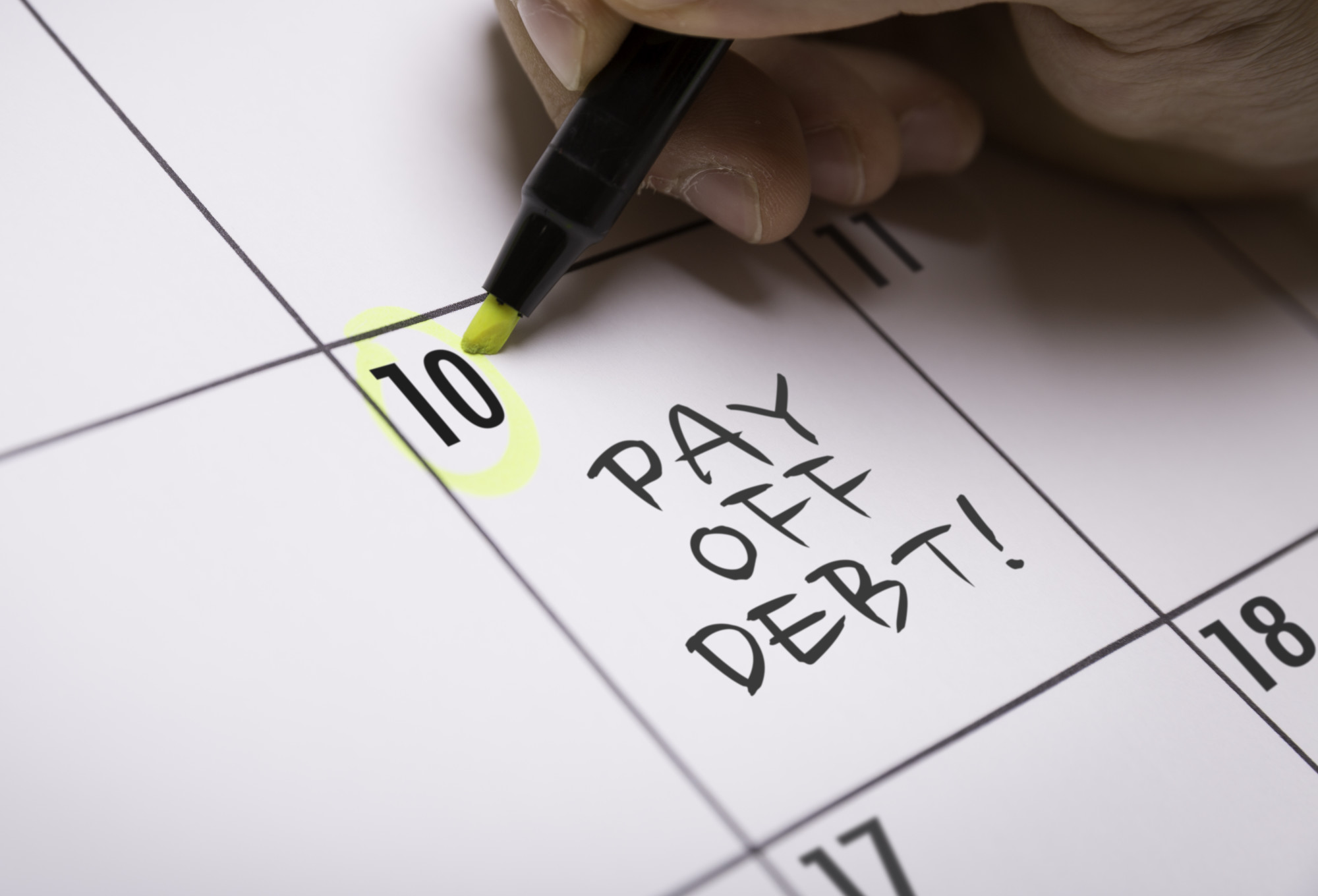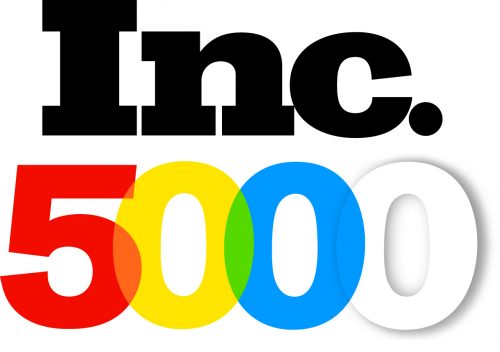Sources estimate that there are currently more unemployed Americans than ever before in history. At the same time, research shows that the average personal debt is $90,460.
Unemployment can be a very stressful time, and in most cases, the last thing you need is a boatload of debt payments to make.
However, figuring out how to get out of debt can be hard at the best of times. Figuring out how to get out of debt with no job can feel downright impossible.
Fortunately, there are some strategies you can take to ease the situation and even, in some cases, squash your debt completely.
Read on for actionable strategies for dealing with debt while unemployed.
Start by Creating a Budget and Slashing Expenses
The very first step to managing debt while facing unemployment is to take a hard look at your monthly expenses.
Start by adding up all expenses. Then make a list of essential monthly expenses such as rent, food, and health insurance. From this total, you will have a basic idea of how much money you need each month to survive.
Next, draw up a monthly budget. Cut out any unnecessary expenses and look for areas where you can economize. Cancel things like subscriptions and cable TV, and do not allocate money for random purchases, eating out, personal grooming, etc.
In some cases, you might even want to look into taking drastic measures such as relocating to a cheaper rental, or selling your car. You can also consider selling personal items for cash, like unused exercise equipment, furniture, bikes, etc.
By mapped out your non-negotiable monthly expenses and creating a strict budget, you will be able to see whether there is any money left over to put towards debt payments.
Leveraging all opportunities to make or save extra cash may also help you to put down more than your minimum on monthly debt payments.
Seek Financial Assistance
Besides cutting spending, another way to stay financially afloat after losing your job is to apply for assistance. Fortunately, the government and other organizations have a number of programs in place for those in need.
Unemployment Benefits
If you are used to working consistently, you might not yet have thought to apply for unemployment benefits.
According to government data, during the year of 2018, 74% of those who were unemployed did not apply for unemployment benefits. Of these, 60% were unable due to ineligibility. However, a further 25% refrained from applying for personal reasons.
To be eligible for unemployment benefits, you need to have been terminated from your job for no fault of your own. Quitting one’s employment or being fired for misconduct will disqualify you.
If you have been let go for reasons out of your control, and you have not previously exhausted your benefits, then you should be entitled to weekly benefit payments for a certain period.
The average weekly amount is $378. The exact amount you receive will depend on your state.
Take note that during the COVID-pandemic, unemployment benefits have increased, which means that you may receive more than this average. Additionally, independent contractors and gig workers now also have the option to apply for unemployment benefits.
Other Relief Programs
Besides unemployment benefits, there are a few other relief programs to which you can apply for assistance. These include:
- The Supplemental Nutrition Assistance Program (SNAP)
- The Low Income Home Energy Assistance Program (LIHEAP)
- Welfare or Temporary Assistance for Needy Families (TANF)
Depending on your individual circumstances it may be a good idea to investigate these sources of aid.
Contact Your Creditors
Once you have drawn up a budget, you should be able to see whether you will be able to make your debt payments. If this is not possible, you should immediately get in contact with your creditors.
The reason for this is that you might be able to negotiate better and more manageable terms for your debts. This might not work with all creditors, but many may be willing to allow adjusted terms, rather than receive no payments at all.
In the case of credit cards, come issuers also have hardship programs. These programs are not advertised, so you will have to call in and enquire.
If you have a home mortgage, this is another loan where it’s likely that you might be able to secure more lenient terms. Home mortgages holder’s often are under a certain amount of pressure to agree to mortgage modification requests.
If you are making payments on a federally backed student, this is another debt for which you may be able to secure an easier payment plan. This is because the government allows for a variety of payment option for those that are going through a period of economic stress.
Prioritize Secured Debt Payments
If you are having trouble paying down all of your debts, a smart move is to prioritize payments on secured debts. These include installments on things like your home and vehicle.
Unsecured debt generally consists of personal loans and credit cards.
By paying your secured debts first, you will ensure that the assets which back them are protected from collection. Defaulting on your unsecured debt will attract interest and fees, and may damage your credit score, but this is nothing compared to losing an asset like your home or car.
Look Into Debt Consolidation
If you are wondering how to get out of debt with no job, an effective strategy to look into is debt consolidation.
The object of debt consolidation is to combine your existing debts and secure a lower rate of interest than your current average. One way to do this is by taking out a personal loan.
You may be wondering, but how can I get a loan while unemployed?
To qualify for loans for the unemployed you will need to prove some source of income and have a good credit score.
If you have credit card debt you can also look into zero balance transfer cards. These offers allow you to transfer your existing credit balances to one card for a fee. Zero balance cards offer an initial period of no interest, usually of between 12-24 months.
If you can squash your debt during this time, you will be able to save significantly in interest payments. However, once the grace period is over, you will be charged standard rates of credit card interest.
Once unemployed, it can be tricky to get approved for these offers. However, you may have existing offers from credit providers that you are unaware of.
Figuring out How to Get out of Debt With No Job Is Tricky: Let Us Help
Figuring out how to how to get out of debt with no job is tough—but with savvy financial planning, it can be possible.
If you wish to investigate consolidation solutions, we are here to help.
Vetting out competitive credit offerings takes time. Which is why we have developed an online search function that allows you to find the most competitive offers, tailored to your needs, with just a few clicks.
Simply enter your details and allow our algorithm to match you with competing solutions from our network of approved credit providers. Try our service today, free of charge, and free of hard inquiries into your credit report.
Check out our reviews to see what others are saying about their experience with us.




